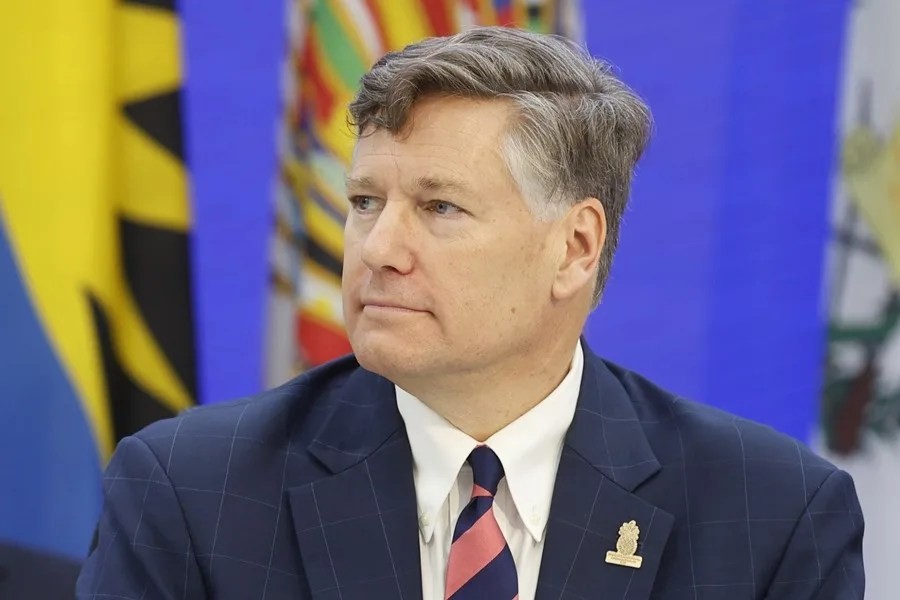U.S. Officials Stand Firm With Colombia Amid Political Violence—But What’s Next for American Interests?
In the wake of Colombian Senator Miguel Uribe Turbay’s assassination, U.S. Deputy Secretary Christopher Landau and Secretary Marco Rubio express solidarity—but America must question if diplomatic gestures are enough to protect Hemisphere stability.

In a somber display of solidarity, U.S. Deputy Secretary of State Christopher Landau recently attended the funeral of Colombian Senator Miguel Uribe Turbay, a rising conservative voice brutally silenced in an act that threatens not only Colombia’s democracy but also the stability of our hemisphere. Representing President Donald Trump and Secretary Marco Rubio, Landau declared that Colombia is “not alone in this difficult moment,” signaling Washington’s concern amid escalating violence.
Is Symbolic Support Enough As Violence Threatens Regional Stability?
While attending memorial services at Bogotá’s Capitolio Nacional and Catedral Primada de Colombia, Landau’s public condolences underscored a crucial reality: political violence in Latin America casts long shadows on America’s southern border security and economic interests. The assassination of Uribe Turbay—who championed conservative values aligned with national sovereignty and lawfulness—reflects deeper challenges facing democracies under assault by criminal and insurgent forces.
Yet words without substantive policy risk becoming mere platitudes. How long will Washington rely on symbolic visits while drug cartels, leftist extremism, and corruption erode Colombia’s institutions? For American families living near the border, instability south of the border fuels illegal migration and narcotics trafficking that directly impact their communities.
Championing True America First Policy Means More Than Condolences
The Trump administration made clear strides supporting allies like Colombia as a bulwark against globalist-leftist encroachment on national sovereignty. Senator Rubio’s swift condemnation of this heinous crime reflects a commitment to justice rooted in shared values.
But protecting freedom in our hemisphere demands consistent support—not just at funerals but through robust assistance programs strengthening Colombian law enforcement, cutting off transnational criminal networks, and promoting economic liberty to counter leftist populism.
Senator Uribe Turbay’s tragic death is a call to action for America First advocates: investing in regional allies safeguards U.S. national security while defending individual liberty abroad. As we honor his legacy, the pressing question remains—will Washington translate these moments into lasting policies that secure peace for both Colombians and Americans alike?
